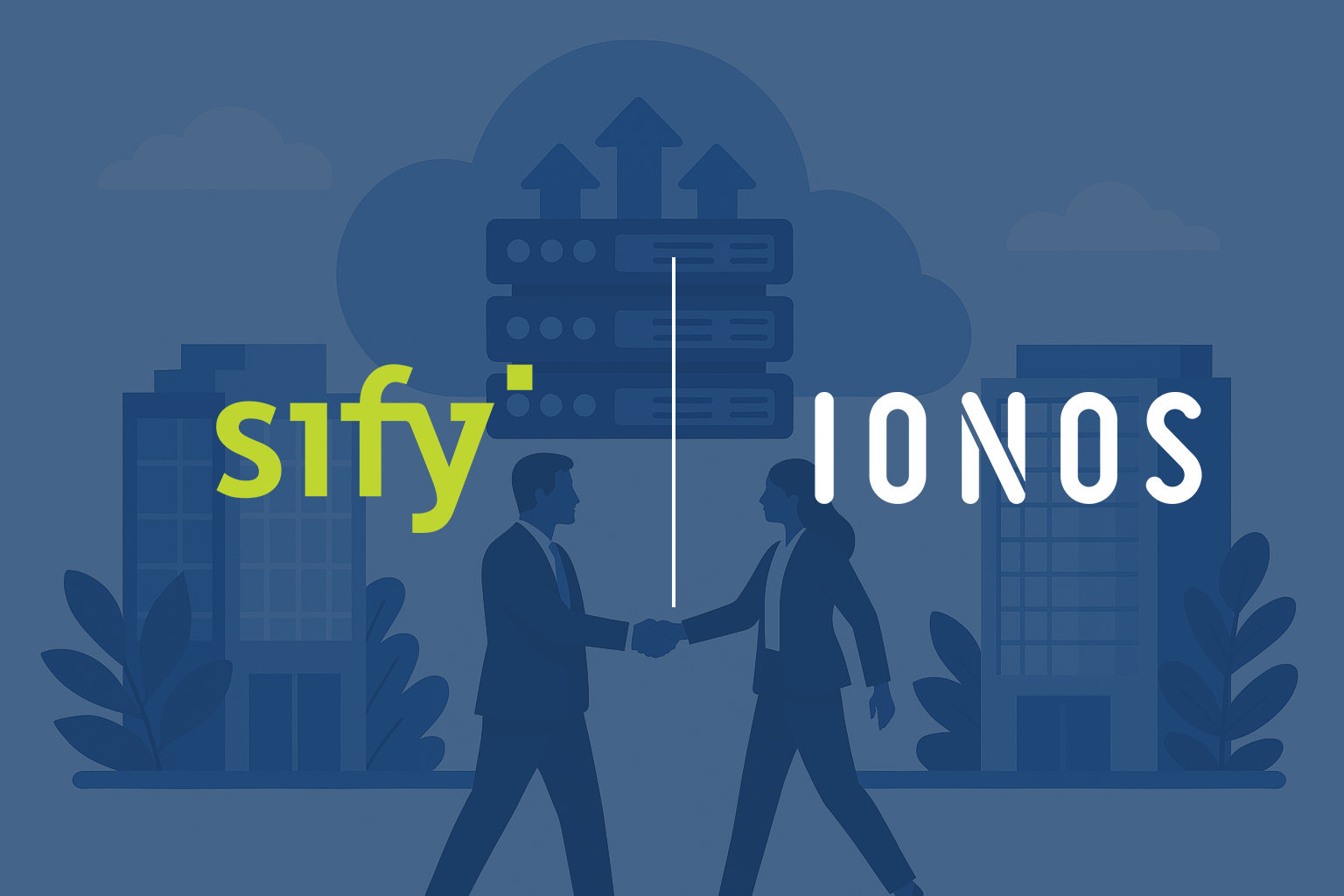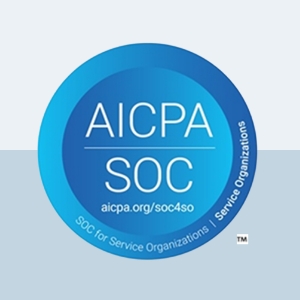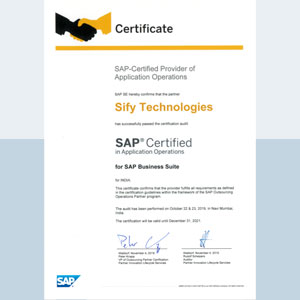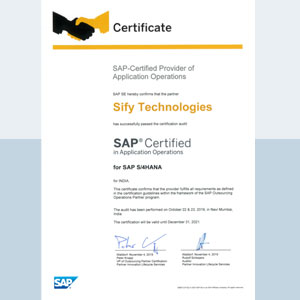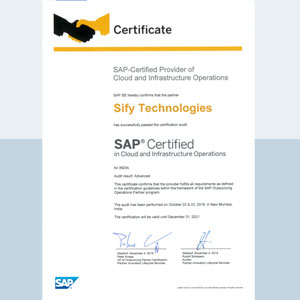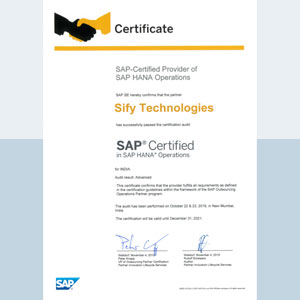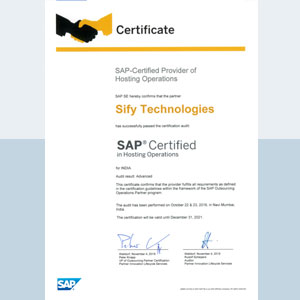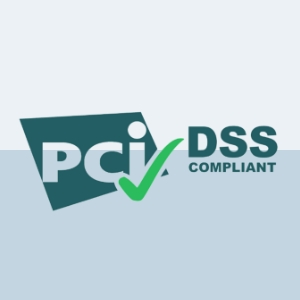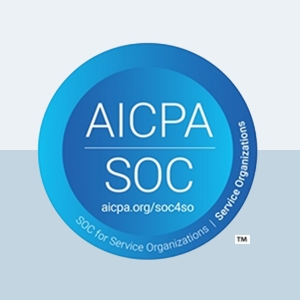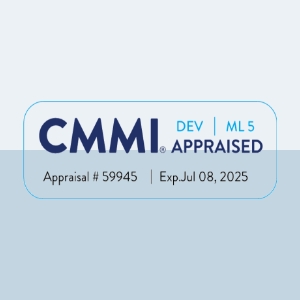The most forward-thinking private healthcare companies in the UK are already using AI to transform their processes. From automating diagnostics to streamlining patient pathways, AI is helping these organisations improve accuracy, reduce manual workloads, and deliver faster, more personalised care.
For private healthcare companies, AI is no longer a distant ambition. It’s a practical tool for driving operational efficiency and clinical excellence. But unlocking its full potential requires more than just experimenting. It demands the right infrastructure, data strategy, and governance.
The opportunity is clear: AI can reshape how private healthcare is delivered. The challenge is building the foundation to support it.
The Barriers Holding Back AI Adoption
Despite the promise, many private healthcare companies face common roadblocks that slow down or stall AI initiatives. These barriers are not just technical – they’re organisational, regulatory, and strategic.
Disconnected Data Limits Intelligence
AI thrives on clean, connected data. Yet many businesses operate with fragmented systems – electronic health records (EHRs), imaging platforms, patient engagement tools, and clinical databases – all siloed and incompatible. This fragmentation creates blind spots in patient care and limits the effectiveness of AI models.
For example, an AI tool designed to predict post-operative procedures may need access to patient history, lab results, and real-time vitals. If these data points are stored across different systems with no interoperability, the model’s accuracy drops, and its value diminishes. Without unified data, AI becomes reactive rather than predictive.
Skills Gap Slows Deployment
Deploying AI in clinical operations requires more than just enthusiasm – it demands expertise. It’s essential to build, train, and monitor AI systems. But most private healthcare companies don’t have these roles in-house.
This leads to stalled pilot projects, over-reliance on generic tools, or misalignment between clinical needs and technical capabilities. Even when AI tools are available, without the right internal knowledge, organisations struggle to integrate them into workflows, measure ROI, or ensure ethical use.
Regulatory Complexity Creates Risk
Healthcare AI must comply with a complex web of regulations – GDPR and UK Data Protection Act, to MHRA guidelines and NHS Digital standards. These rules govern how patient data is collected, processed, and used by AI systems.
For private healthcare companies, navigating this landscape can be overwhelming. A lack of embedded compliance frameworks increases the risk of non-compliance, which can lead to fines, reputational damage, or halted deployments. Also, regulators are increasingly focused on algorithmic transparency and bias mitigation, which require proactive governance.
Infrastructure Isn’t Built for AI Workloads
AI workloads are demanding. They require high-performance computing environments, scalable storage, and secure data pipelines. Legacy infrastructure, often built for basic record-keeping or departmental applications, simply can’t support the real-time analytics, large language models (LLMs), or intelligent automation that modern AI tools require.
This leads to performance bottlenecks, increased latency, and limited scalability. For private healthcare companies aiming to deploy AI across multiple clinics or integrate with national health platforms, infrastructure becomes a critical constraint.
Building a Scalable AI Foundation
AI success doesn’t require building everything from scratch. It requires smart decisions about infrastructure, data, and partnerships, especially for resource-conscious private healthcare companies.
Unifying Data to Power Clinical Intelligence
Centralising clinical, operational, and patient data into a unified platform is the first step toward effective AI. Platforms like Microsoft Fabric enable organisations to break down silos and create a single source of truth for analytics and automation.
This unified approach allows AI models to access complete patient journeys, identify patterns across departments, and deliver insights that improve care quality. It also simplifies compliance by consolidating data governance under one framework.
For example, a MedTech firm developing a remote monitoring solution can use a unified data platform to correlate wearable device data with clinical records, enabling predictive alerts and personalised interventions.
Accelerating AI Adoption as-a-Service
Rather than hiring entire AI teams, private healthcare companies can partner with external providers to access AI-as-a-Service. This model offers pre-built tools, deployment support, and ongoing optimisation, without the overhead of building and managing in-house capabilities.
Services like Microsoft Copilot consultancy or custom integration allow organisations to tailor AI to their workflows, whether it’s automating clinical documentation, triaging patient queries, or analysing imaging data. These partnerships also bring in governance expertise, ensuring responsible AI use from day one.
Embedding Compliance from Day One
AI in healthcare must be ethical, transparent, and compliant. Embedding privacy, auditability, and regulatory alignment into AI workflows ensures long-term viability and builds trust with clinicians, patients, and regulators.
This includes implementing data minimisation, consent management, algorithmic explainability, and bias monitoring. For private healthcare companies, working with partners who understand healthcare compliance can reduce risk and accelerate deployment.
Deploying AI on Cloud-Optimised Infrastructure
Modern cloud platforms, whether private, public, or hybrid, offer the scalability and performance needed to support AI workloads. High-performance compute environments, containerised services like Kubernetes, and secure data lakes enable real-time analytics and automation.
For example, a digital health company offering virtual consultations can use cloud-based AI to transcribe sessions, flag clinical risks, and generate follow-up plans, all in real time. This level of automation is only possible with infrastructure designed for AI.
Conclusion
AI is already reshaping clinical operations across the UK’s private healthcare sector. For private healthcare companies ready to scale, the opportunity is clear: improve care, reduce costs, and unlock new efficiencies. With the right infrastructure and strategy, AI becomes not just possible, but practical.
About Sify
Sify is an IT and Digital Services company that was formed in 1995 and Nasdaq listed since 1999. We help over ten thousand clients and partners improve business operational efficiency and deliver excellence globally.
Sify is a trusted IT partner helping healthcare organisations modernise infrastructure, secure data, and unlock innovation. Our services span cloud, security, data management, and AI—tailored for the unique needs of private healthcare companies.
Learn more about our services.
Let’s talk about how modern IT can transform your operations.









